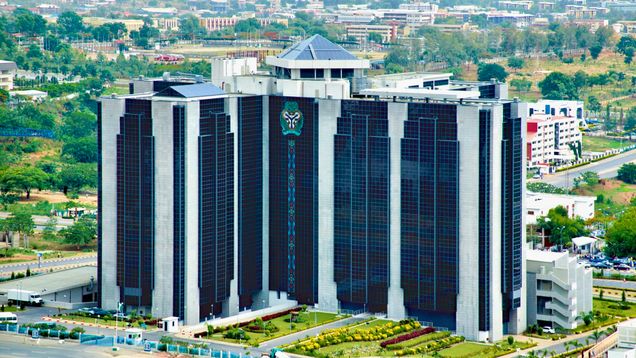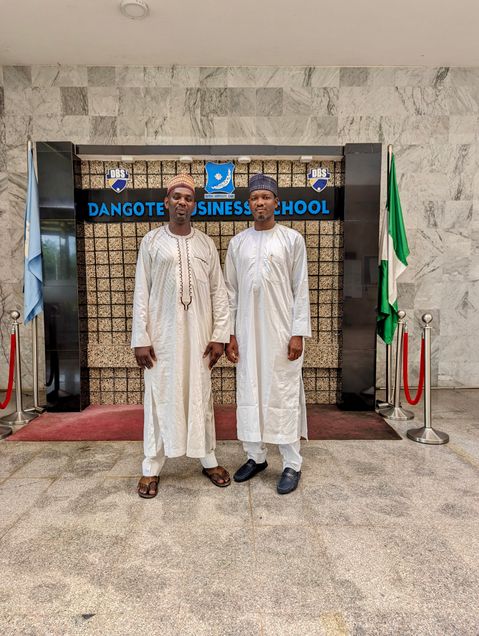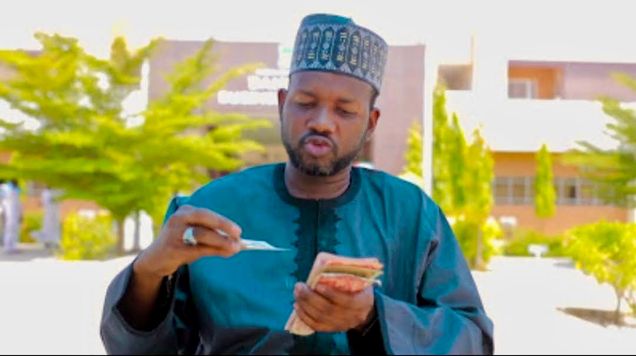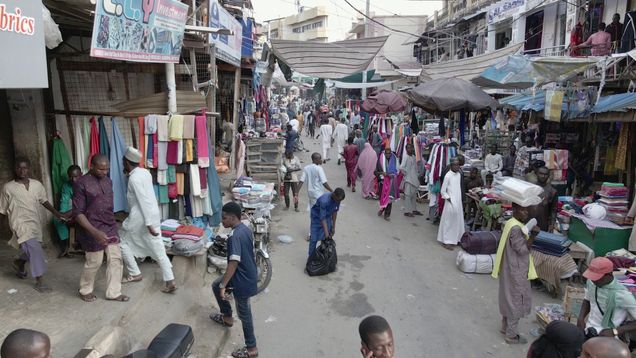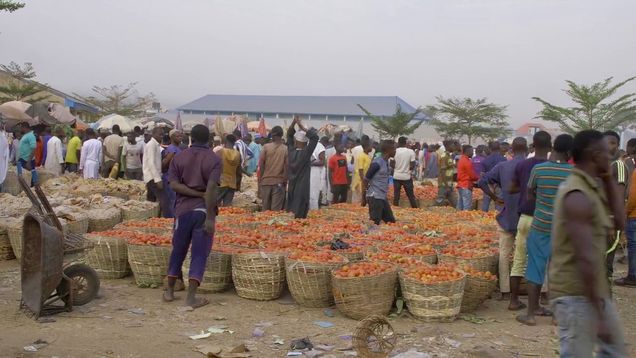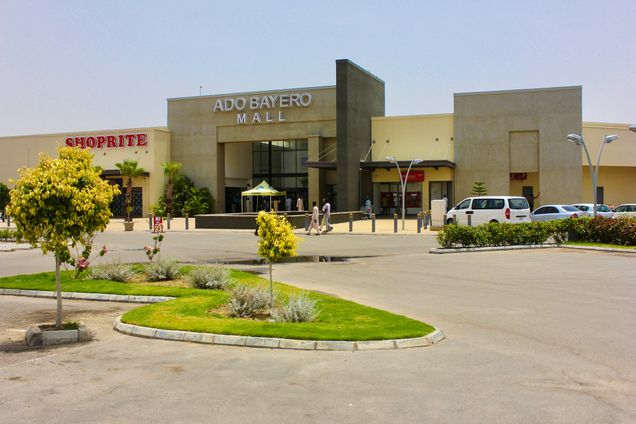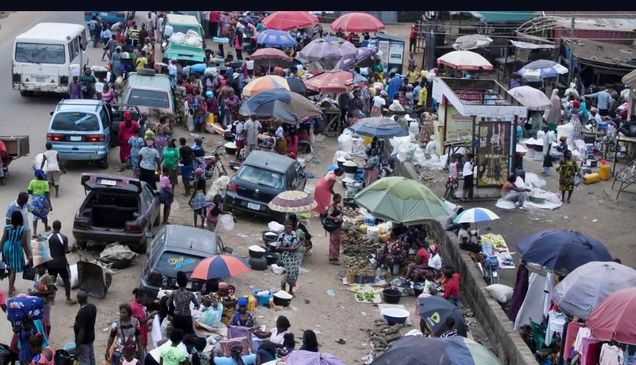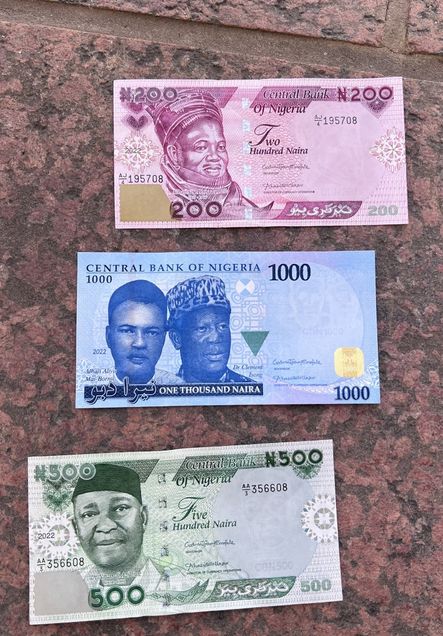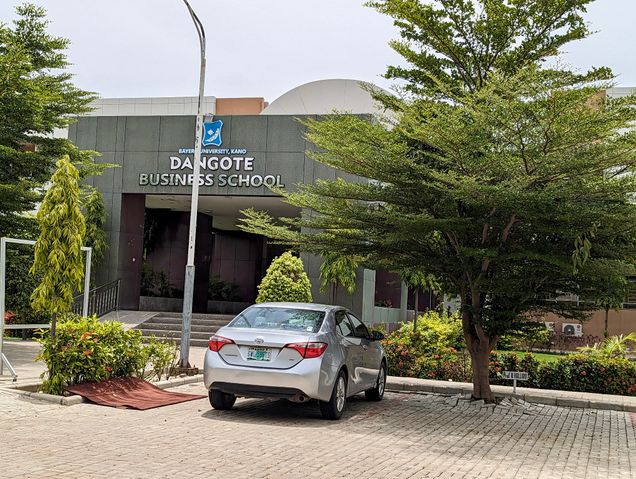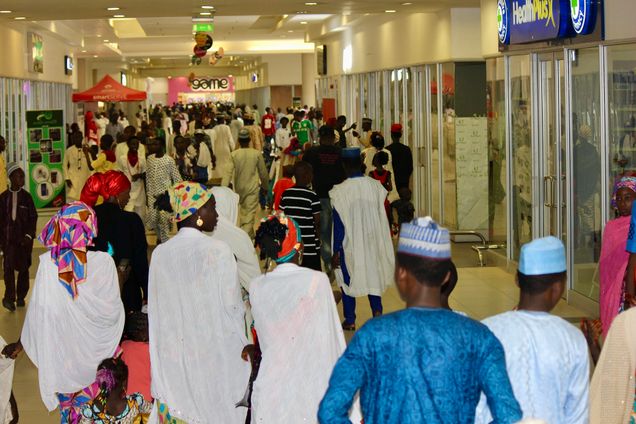Unit 2: Dr. Muhammad Abdullahi Ibrahim
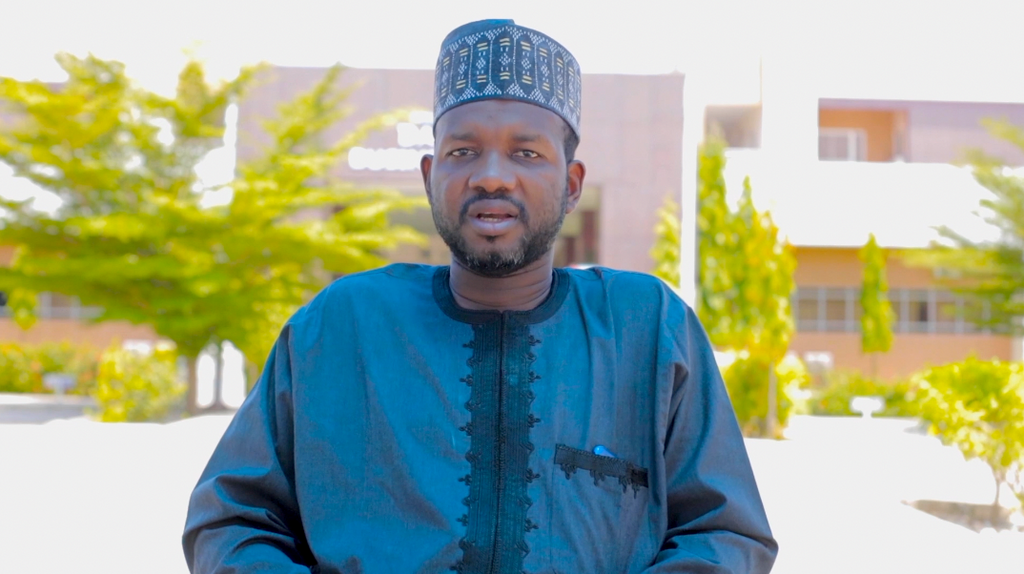
Metadata
| Title | Conversation with Dr. Muhammad Abdullahi Ibrahim |
| Interviewer | Dr. Mustapha Hashim Kurfi |
| Subject | His biography, history of Ajami in Hausaland, economy and its intersections with Ajami, postcolonial transformations. |
| Content | Dr. Muhammad Ibrahim Sulaiman is popularly known as Dr. Shamsu. He is Assistant Professor of Economics in the Department of Sociology at Bayero University; holds a Master’s degree from International Islamic University, Malaysia; and a PhD. in Economics from Bayero University. Married with two children, Dr. Shamsu has traveled widely, especially in Africa and in the Arab world. Dr. Shamsu hails from a cleric family that runs a madrasa, and his parents introduced him to the traditional Qur’anic education system at an early age. His uncle, Sheikh Ahmad Ridwan Darma, is a renowned Islamic scholar who oversees the Islamic school in the city of Kano. Despite his many academic and personal obligations, Dr. Shamsu still creates time to teach in the madrasa, thereby giving back to his school, family, and community. In the interview, he cites some of his favorite Hausa Ajami authors and poems, such as the one composed by the great Islamic scholar Sheikh Nasiru Kabara, the spiritual leader of the Qadiriyyah movement in Africa. In the video interview, Dr. Muhammad traces the history of Hausa Ajami back many centuries, before colonization. He emphasizes the role that banknotes with Hausa Ajami played in the economy, and identifies the various intersections of economic affairs with the country’s history, pharmacology, education, agriculture, social relations, and politics. The interview discusses some problems surrounding the use of Hausa Ajami and ways to address these. |
| Language | Hausa |
| Script | Hausa Ajami |
| Location | Dangote Business School, Bayero University New Site Campus, Kano, Nigeria |
| Pedagogical content/application | Includes relevant linguistic, stylistic, and cultural skills as identified in our assessment guidebook/ ACTFL guidelines |
| Access condition and copyright | These materials are subject to copyright and are distributed under the terms of the Creative Commons Attribution-NonCommercial 4.0 License, which permits non-commercial use, distribution, and reproduction in any medium, provided the original author and source are credited. For use, distribution or reproduction beyond these terms, contact Professor Fallou Ngom (fngom@bu.edu). |
| Contributors | Fallou Ngom, Jennifer Yanco, Mustapha Kurfi, Daivi Rodima-Taylor, Alison Parker, and Frank Antonelli. |
| Required citation information | Fallou Ngom (PI), Jennifer Yanco, Mustapha Kurfi, and Daivi Rodima-Taylor. 2023. “Conversation with Dr. Muhammad Abdullahi Ibrahim.” https://sites.bu.edu/ria/hausa/hausa-unit-2/ |
Videos
Hausa with English Subtitles
Hausa with Latin Script Subtitles
Community Images
(click on the image for a larger view)
Pedagogical Activities
Glossary
- Asali: Original, real, authentic, old
- Bashi: Credit, loan, debt
- Ciniki: Trading, bargaining; cinikayya: Commercial trade, business transactions
- Fam: Pound, UK currency
- Filaye: Land plots, from English field (singular, fili)
- Harshe: Language, tongue
- Iyali: Family
- Karni: Century, from Arabic al-qarnu
- Kasuwanci: Marketing, commerce, business, buying and selling
- Ƙasida: Poem, eulogy, pamphlet, brochure, from Arabic qaṣīda (plural, ƙasidu)
- Ƙirƙira: To establish, invent, create
- Laraba: Arabic
- Malami: Teacher, professor, mentor, educator, trainer (fem, malama)
- Naira: Nigerian unit of currency
- Riba: Gain, profit, benefit, illicit gain (when used in the religious context)
- Sadarwa: Communication, media
- Sashe: Department, unit, sector, facility, from English section
- Sule: Shilling, UK currency
- Takardar kudi: Banknote, money
- Tattalin Arziki, tsumi da tanadi: Economy, economics
- Wali: Saint, from Arabic walī (friend of God)
- Yarejejniya: Agreement; consensus
- Yawo: To travel, move around, journey
Notes
- Bashi hanji ne; yana cikin kowa: “Credit or loan is like an intestine; it is found in everyone.” This saying is used especially by business people. People may use it when confronted with allegations of failure to pay their debts. Sometimes, it is used in reference to nation states receiving loans from the World Bank, IMF, and so on. One of the implications of the saying is that the Hausa people prefer to be indebted than to steal or beg. Borrowing and repaying loans is seen as a better option than getting money through illegal means.
- Bunƙasa tattalin arzikin ƙasa: “Development boosts a country’s economy.” This statement is used to describe the measures that a nation takes to foster economic development, including enhancing the gross domestic product and the human development index.
- Ɗan uwa rabin jiki: “A sibling is part of oneself.” This saying emphasizes the strong bonds that relatives need to cultivate among themselves, including their obligations of mutual care and assistance.
- Hannu ɗaya ba ya ɗaukar jinka: “One hand alone can’t carry the thatch [for roofing a hut].” This proverb emphasizes the importance of mutual help, unity, and solidarity between people, including between family and community members.
- Kano ce cibiyar kasuwanci ta Najeriya: “Kano is Nigeria’s commercial center.” Kano state has been a center of trade and commerce for centuries. It played an important role in the Trans-Saharan trade. Kano boasts a number of specialized markets. For example, Kantin Kwari Market specializes in clothing; Dawanau Market specializes in local grains and crops, including millet, sorghum, beans, and corn; while Naibawa Market specializes in oranges; Yankaba Market specializes in fruits and vegetables; and Singer Market specializes in packaged food such as sugar, milk, and canned goods.
- Kasuwa a kai maki dole: “A market is a necessity.” This statement is common among Hausa merchants and business people. It highlights the importance of markets and trade in Hausa society.
- Ƙasidar Infiraji sha-kundum ce: “The Infiraji poem is comprehensive.” Infiraji is a popular Hausa Ajami poem by Malam Aliyu Namangi (1894-1990). The word infiraji means comfort, consolation, or salvation. The author, Malam Namangi was a blind poet, preacher, and scholar from Zaria, Kaduna State, in Northern Nigeria. Greatly influenced by asceticism and Sufism, he felt he had a duty to impart his knowledge to others through Hausa Ajami poetry. For more on him and a chanted version of the poem, see https://sites.bu.edu/nehajami/the-four-languages/hausa/hausa-manuscripts/infiraji-1-majidu/.
- Malami mahaifi ne: “A teacher is a parent.” This saying enjoins people to respect teachers in much the same way as they respect their parents. This is because teachers have as much impact on students as their own parents do.
- Zama wuri ɗaya bai daɗa komai ba: “Staying only in one place has no value.” This adage is used to highlight the importance of travel among Hausa people who are known to be great travelers, and sometimes to ridicule people who are introverts and do not want to travel to explore the world.
Exercises:
Comprehension || Writing || Listening / Speaking and Conversation || Cultural Competence
Comprehension: Video
Comprehension: Image
Writing
Listening / Speaking and Conversation
- Mutane biyu su tsaya a matsayin ɗaya mai saida kaya, ɗayan kuma mai saye. Sai su yi gaisuwa tare da ciniki a tsakanninsu. Suna iya rubuta hirar tasu don su karanta.
Cultural Competence
- A zaɓi wani abu daga cikin faifan bidiyon, sai a kamanta shi da na garinku ko al’umar ku. A rubuta kamanninsu da bambancin tsakanin su.
